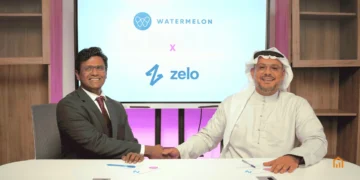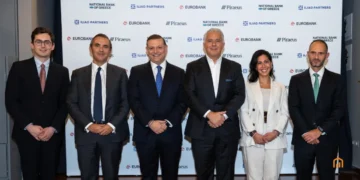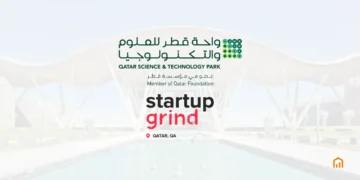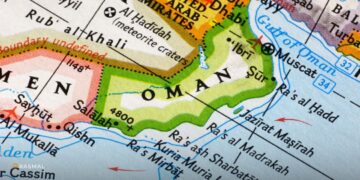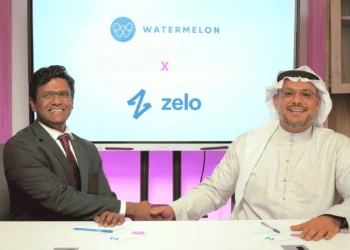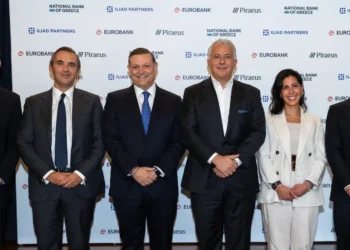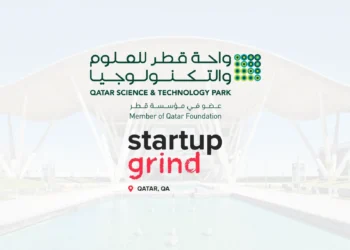- The open banking market is projected to grow from $7 billion in 2018 to $43 billion by 2026, signalling global acceptance and transformative potential.
- Open Banking Hackathon 2024 in Riyadh supports Saudi Arabia’s Vision 2030 by fostering technological innovation and positioning the Kingdom as a global fintech hub.
- Participants gain an in-depth understanding of open banking systems, with endorsed certifications validating their proficiency, reflecting a commitment to nurturing a skilled workforce for the evolving financial services landscape.
The future of banking is undergoing a seismic shift, with projections suggesting that the open banking market could skyrocket to a whopping $43 billion by 2026. This exciting forecast comes straight from the chairman of Saudi Arabia’s Capital Market Authority, Muhammad bin Abdullah Al-Quwaiz, who shared these insights following the conclusion of the Open Banking Hackathon 2024 in Riyadh.
At the heart of this exponential growth is the increasing acceptance and integration of open banking frameworks worldwide. These frameworks, which allow banks and financial institutions to grant third-party providers access to consumer banking and transaction data through APIs, are revolutionising how financial services are delivered and experienced.
The Open Banking Hackathon 2024 served as a crucial platform for professionals in the financial sector to gain hands-on knowledge of this transformative technology. With expert coaches and mentors to provide guidance, participants delved deep into the intricacies of open banking services, learning how to pitch their projects and harness the full potential of this innovative approach to financial transactions.
According to Al-Quwaiz, the rapid growth of the open banking market underscores its pivotal role in shaping the future of financial services. By enhancing transparency, improving customer experiences, and fostering fair competition among financial institutions, open banking is driving a fundamental shift in the industry landscape.
The significance of the hackathon extends beyond its immediate impact, aligning with the strategic objectives of the Saudi Financial Academy. This forward-thinking initiative aims to cultivate a skilled workforce capable of driving innovation and positioning Saudi Arabia as a global leader in financial technology, in line with the goals outlined in the Kingdom’s Vision 2030.
One key aspect highlighted during the event was the projected increase in spending on training, expected to rise from SR 788 million ($210 million) to approximately SR1 billion ($266.5 million) by 2026. This investment underscores the commitment to developing a talented pool of professionals equipped with the skills and knowledge needed to thrive in the rapidly evolving financial landscape. The report indicated that the targeted number of individuals for training is anticipated to surpass 130,000.
Mana Al-Khamsan, CEO of the financial academy, emphasised the importance of understanding the technological infrastructure, regulatory frameworks, and compliance requirements underpinning open banking systems. The hackathon provided participants with invaluable insights into these areas, catering to professionals from the banking and financial services sectors and experienced software developers with a focus on financial technology.
Participants of the hackathon received hands-on training, expert guidance, and accreditation from esteemed institutions such as the Silicon Valley Innovation Center at the Lebanese American University and Ozone API, a UK-based technology company specialising in financial services.
The projections for the open banking market paint a picture of unprecedented growth and opportunity. As Saudi Arabia continues to position itself as a global hub for financial technology, initiatives like the Open Banking Hackathon are instrumental in driving innovation, fostering skill development, and shaping the future of finance.
Follow us on Instagram, LinkedIn, and Twitter for startup & business news and inspiring stories of MENA businesses, entrepreneurs, startups, innovators, investors, and change-makers.
To report any issue or error in the story, please email us editor [at] rasmal [dot] com.
Last Updated on February 19, 2024 by Safiya K

